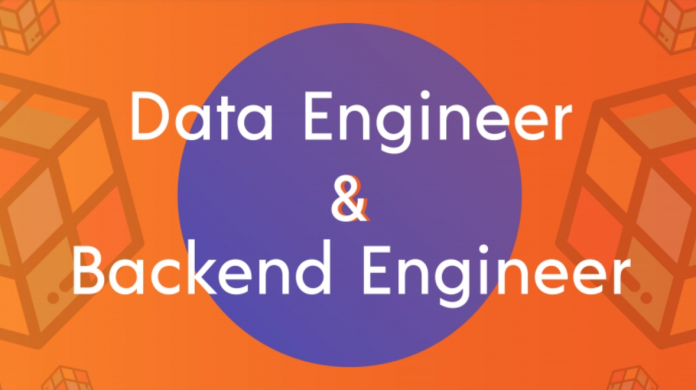Back-End Engineering Is Dead: Long Live Data Engineering
The Evolution of Back-End Engineering
Once, back-end engineers designed application servers, handled databases, and kept everything stable behind the scenes.
Today, however, companies increasingly shift their focus toward data engineering roles that handle vast, complex, and dynamic datasets efficiently.
Modern applications now rely heavily on real-time data (learn more about real-time systems) instead of just simple static databases.
Consequently, the need for traditional back-end development skills has decreased significantly in most tech-driven companies.
Why Traditional Back-End Skills Are Losing Importance
In recent years, businesses have embraced serverless architectures and cloud computing platforms like AWS and Google Cloud.
Thus, developers no longer need to manage server infrastructure manually or maintain physical hardware for simple applications.
Moreover, platform-as-a-service (PaaS) solutions like Heroku and Vercel handle much of the heavy lifting automatically today.
Naturally, companies prefer hiring engineers who can focus on data pipelines, ETL processes, and analytics solutions instead.
You can explore how serverless technology changed software development if you want a deeper understanding of this trend.
Rise of Data Engineering: A Natural Shift
While traditional roles fade, data engineering roles have surged rapidly to meet new business needs involving massive amounts of data.
Data engineers design pipelines, optimize queries, and ensure systems scale as new data floods in continuously every second.
Additionally, fields like machine learning and AI development require extremely clean, well-structured datasets to operate successfully.
Therefore, companies now prioritize hiring engineers who understand storage, transformation, and large-scale data processing.
If you are considering a career switch, check out this guide to becoming a data engineer.
New Skills Every Engineer Should Learn
Firstly, mastering tools like Apache Spark, Kafka, and Snowflake has become critical for engineers hoping to stay competitive today.
Secondly, knowing how to work with big data frameworks is essential if you want to architect scalable modern software systems.
Furthermore, understanding the basics of distributed systems and data modeling helps build better, more reliable engineering solutions.
Finally, learning how to design efficient ETL pipelines could open the door to incredible career opportunities in tech.
You can find a detailed tutorial on ETL pipeline creation to kickstart your learning journey immediately.
Future Outlook for Engineering Careers
Clearly, companies will continue investing in cloud platforms, big data, and machine learning for many years to come.
As a result, back-end engineering in its traditional form will slowly diminish across most major industries and organizations.
However, adapting to trends and learning new skills ensures long-term job security and exciting career growth opportunities for engineers.
By embracing data engineering, you position yourself at the heart of tomorrow’s most innovative and profitable technologies.
You can also stay updated by following blogs like Towards Data Science for the latest industry insights.

